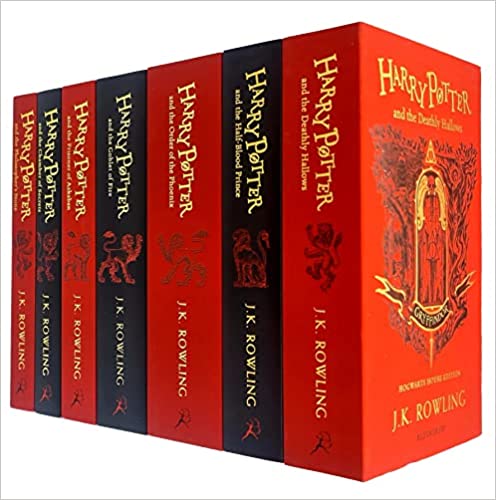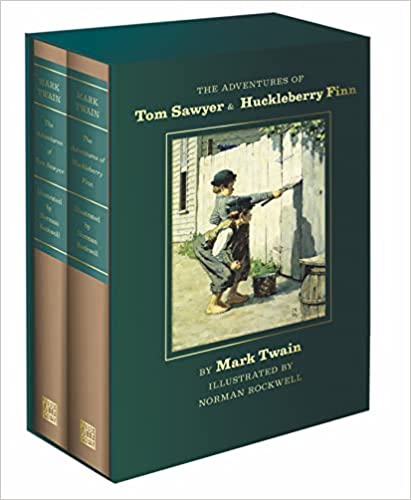Just as sailors dread the doldrums, writers often fear the dreaded ‘writer’s block.’ It’s that unnerving state where words seem to dry up, inspiration seems lost, and your creative ship seems crashed between two hard rocks. If you’re feeling stuck, take heart in knowing that even the most famous authors have faced and overcome this challenge more than once. Their experiences, peppered with moments of struggle and triumph, provide valuable lessons for every writer navigating the choppy seas of writer’s block.

Understanding Writer’s Block
Before looking at other authors, let’s understand writer’s block. It’s not defining you, nor a sign that you’re a poor writer or that your well of ideas has dried up. Instead, it’s often a signal from your mind, indicating stress, self-doubt, or simply the need for a break. Acknowledging this can be the first step towards overcoming it.
Mark Twain’s Mighty Challenge
Mark Twain, one of America’s greatest wordsmiths, wrestled with writer’s block while working on his classic novel “Adventures of Huckleberry Finn.” The book took him nearly a decade to complete, with long gaps in between. Twain eventually overcame his creative block by taking a break from writing and seeking out new experiences, which reinvigorated his inspiration. His experience underscores the importance of stepping back when you’re stuck and looking at your work from a fresh perspective.
J.K. Rowling’s Battle Against Writer’s Block
Renowned author of the Harry Potter series, J.K. Rowling, encountered writer’s block while working on “The Goblet of Fire.” She described this period as being overwhelmed by the success of the series and feeling immense pressure about how the future books would be received. Rowling’s honesty is a reminder that every writer, regardless of their success, can experience self-doubt. She overcame her block by allowing herself to write badly, understanding that her first drafts didn’t have to be perfect and that she could always revise later.


Neil Gaiman’s Unorthodox Approach
Fantasy and graphic novel author Neil Gaiman faced writer’s block while penning “American Gods.” His solution was as unique as his novels. Gaiman suggests imagining your story as a derailed train. Now, walk along the tracks, looking for the place where the train left the rails. Then, go back a bit further and start from there. This method encourages writers to backtrack, reassess their story, and find a new way forward.
Maya Angelou’s Wisdom
Maya Angelou, poet and author, faced her moments of writer’s block with grace and determination. She believed that the muse or the idea is always there, but sometimes, as a writer, you might not be ready. She recommended sitting quietly, listening to the world, and being open to the stories around you. By nurturing a sense of curiosity and openness, you can often find your way back to writing.
F. Scott Fitzgerald’s Vulnerable Revelation
Famous author F. Scott Fitzgerald, best known for “The Great Gatsby,” suffered periods of depression and alcoholism that triggered his writer’s block. He was quoted saying, “All good writing is swimming under water and holding your breath.” Fitzgerald’s struggles underline the importance of maintaining mental health and the profound impact it can have on creativity.
Agatha Christie’s Creative Recovery
Mystery novelist Agatha Christie, who gave us Hercule Poirot and Miss Marple, also grappled with writer’s block. Following her mother’s death and her husband’s infidelity, Christie experienced a ten-day disappearance, after which she claimed amnesia. She later recovered and continued writing, but the incident underscores the deep connections between personal life and creative expression.
Octavia Butler’s Persistent Perseverance
Octavia Butler, the celebrated science fiction author, faced several rejections early in her career, leading to periods of self-doubt and writer’s block. However, she persevered, waking up at 2 a.m. to write before her day job. Butler’s “Persist” note, where she detailed her aspirations and her commitment to writing, serves as a powerful reminder of the importance of self-belief and persistence.
Lessons From The Masters: a New Perspective on Writer’s Block
These examples from famous authors serve as lighthouses, guiding you through the foggy stretches of writer’s block. Remember, it’s okay to feel stuck. It’s okay to take a break, to reassess, and to write badly. Above all, remember that your worth as a writer is not defined by the blocks along the way, but by your courage to overcome them and continue your writing journey.
Overcoming writer’s block is not just about confronting the challenge; it’s about changing your perspective towards it. Just as an iceberg’s true size lies beneath the surface, the root cause of your creative block may be hidden beneath layers of self-doubt, stress, or fear of failure. Bringing these underlying issues to light can be the key to melting your block and liberating your creative flow.
These accounts from the lives of famous authors reveal that writer’s block isn’t a dead end; it’s a bend in the journey, a challenge to overcome. Here are a few takeaway strategies:
Change Your Environment: As Mark Twain’s experience suggests, changing your surroundings or seeking new experiences can provide fresh inspiration.
Accept Imperfection: As J.K. Rowling demonstrated, allow yourself to write badly. Remember, the first draft is just you telling the story to yourself.
Take a Break: Sometimes, your mind needs rest. Engage in activities that rejuvenate you.
Seek Support: Reach out to a writing community or a mentor. Sharing your struggles with others can provide you with new insights and solutions.
Cultivate a Positive Mindset: Lastly, remember that writer’s block is a common experience. It doesn’t reflect your capabilities as a writer. Stay patient and positive.
At the heart of it, every block is a call for self-care, patience, and resilience. As you navigate your path through the world of words, remember to treat every block not as a barricade but as a stepping stone, leading you towards becoming a better, more attuned storyteller. Every word you write is a victory over your block, a testament to your unyielding spirit. So, keep writing, keep dreaming, and most importantly, keep believing in the magic of your words.
Do you want to share your story and inspire our readers ? Know that every story is paving the way for a brighter, happier future.

